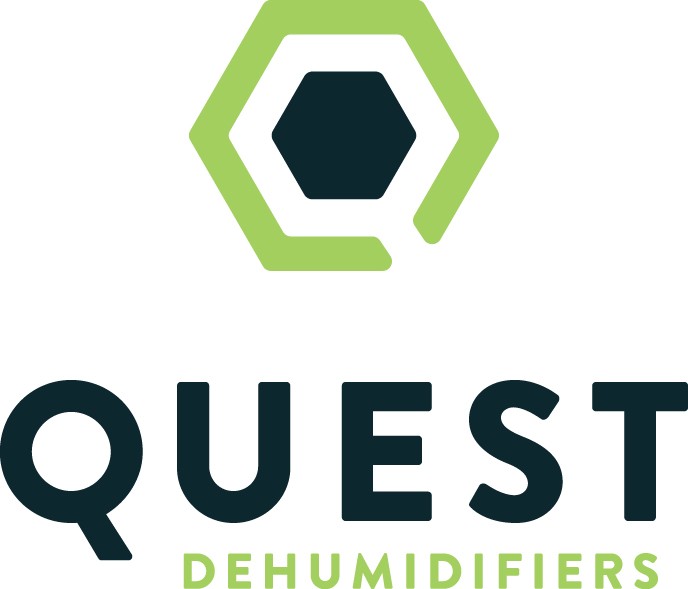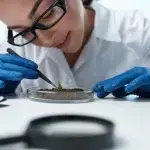Quest is on a mission to educate growers and consumers about the art and science of producing pesticide-free, high-quality cannabis via controlled growing environments.
The challenge
- – Pesticide-laden cannabis is under increasing scrutiny. Governments are taking action, ranging from legislation to recalls. Growers who change first will win the market.
- – Consumers are increasingly going to demand pesticide-free, organic cannabis. As they learn what growers can do, they will push the industry in this direction. No one wants to consume the unknown.
- – Only 15 percent of cannabis growers use dehumidification, instead opting to simply open windows. This let’s mold and pests infiltrate plants, increasing the use of pesticides, often unregulated.
- – Dehumidifiers often are viewed as cost prohibitive because they use electricity.
- – Regulation is going to continue to crack down on the use of pesticides in the industry. Any growers who can get ahead of these regulations will have an advantage.
- – Pesticides will continue to be an issue for coming years. Even those approved for cannabis are surrounded by questions. Most notably, what happens when pesticides are smoked? Or, what happens when they’re consumed by medical patients with compromised immune systems?
- – In an indoor growing environment, another issue is that pesticides don’t degrade as quickly because they aren’t exposed to as much UV light. This can lead to a higher concentration of pesticides remaining on the buds when harvested.
A key part of the solution
- – Dehumidification is an essential cornerstone for controlling the environment, but must be balanced with controlling temperatures (AC and heat), along with managing CO2 levels.
- – To eliminate mold, growers have to have proper humidity levels, superior airflow and a plant that’s healthy from infancy. This leads to a reduction in pests. Yes, they’re correlated.
- – The results of a controlled environment are an increase of production north of 100 percent.
- – Cannabis quality skyrockets to unprecedented levels in a controlled environment, quantified through cannabinoid and terpene analysis.
- – Growers benefit financially after initial setup. They reduce crop loss, estimated at $5,000 per plant and increase quality, differentiating them from the market.
- – Quest is the most energy efficient version in the world. This plays a pivotal role in addressing another key problem the industry faces: Energy consumption.











